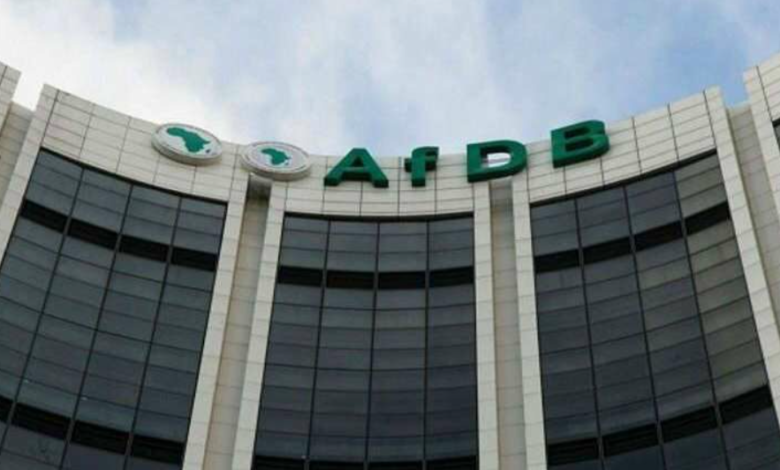AfDB launches initiative to combat hazardous chemicals in 11 African countries

The African Development Bank Group (AfDB) has approved a groundbreaking initiative to address the challenge of hazardous chemicals in 11 Least Developed Countries (LDCs) in Africa.
In a statement issued on Saturday, the AfDB highlighted that this initiative would tackle dangerous chemicals such as Persistent Organic Pollutants (POPs) and mercury.
The project, titled “Scaling-up Investment and Technology Transfer to Facilitate Capacity Strengthening and Technical Assistance for the Implementation of Stockholm and Minamata Conventions in African LDCs – Phase 2” (AFLDC-2), aims to improve chemicals and waste management across these countries.
The participating nations include Angola, Ethiopia, the Gambia, Guinea, Liberia, Mauritania, Senegal, Sierra Leone, Togo, Uganda, and Zambia.
This initiative, the first of its kind by the AfDB, represents a significant milestone in sustainable chemicals management. It leverages a $21.3 million grant from the Global Environment Facility (GEF) alongside co-financing from AfDB-supported projects in urban, agricultural, and agro-industrial sectors within the participating countries.
Multistakeholder Approach and Regulatory Frameworks
The AfDB explained that the project would adopt a multistakeholder approach to address challenges such as the lack of regulatory frameworks, inadequate waste management infrastructure, and insufficient enforcement capacities in these nations.
- The chemicals involved, such as pesticides, Polychlorinated Biphenyls (PCBs), and mercury from products like batteries and dental fillings, pose serious health and environmental risks.
- Governments worldwide have increasingly recognized these dangers, leading to stronger regulations through international agreements like the Rotterdam, Stockholm, Minamata, and Basel Conventions.
The AFLDC-2 project aligns with these frameworks, aiming to strengthen national capacities, promote environmentally sound practices, and implement circular economy approaches to reduce toxic emissions and control waste pollution at the source.
Transformative Impact and Future Prospects
Gareth Phillips, AfDB Manager for Climate and Environment Finance, described the project as transformative.
“The AFLDC-2 project marks a pivotal milestone in Africa’s efforts to tackle the challenges of hazardous chemicals and waste. We are proud to set this precedent, and we are optimistic it will pave the way for many more similar initiatives.”
The project is expected to deliver significant public health and environmental benefits, helping participating countries fulfill their obligations under the Stockholm and Minamata Conventions.
What you should know
Recently, the AfDB and the U.S. Trade and Development Agency (USTDA) extended their strategic partnership for another five years through a renewed Memorandum of Understanding (MOU).
- This agreement reaffirms their commitment to advancing quality infrastructure development across Africa.
- The partnership aims to strengthen national procurement systems, align them with international best practices, and promote fair competition. It also formalizes ongoing coordination to develop a pipeline of bankable projects that can benefit from USTDA’s project preparation grants.
The African Development Bank Group finances projects, programs and research in all sectors of economic and social activity, notably in the fields of agriculture, water, energy, private sector development, the continent’s economic integration and gender equality.








